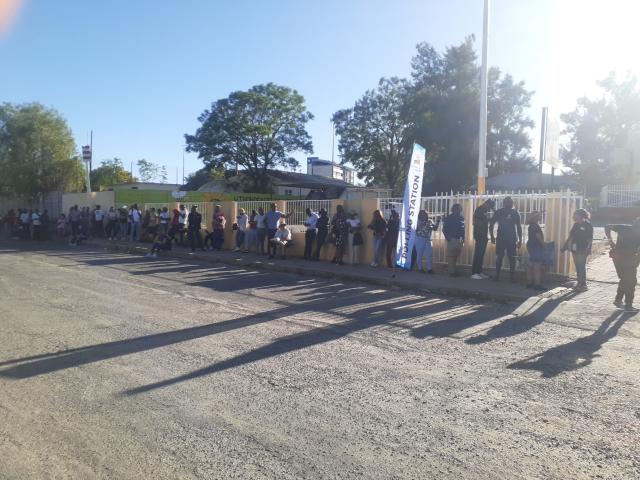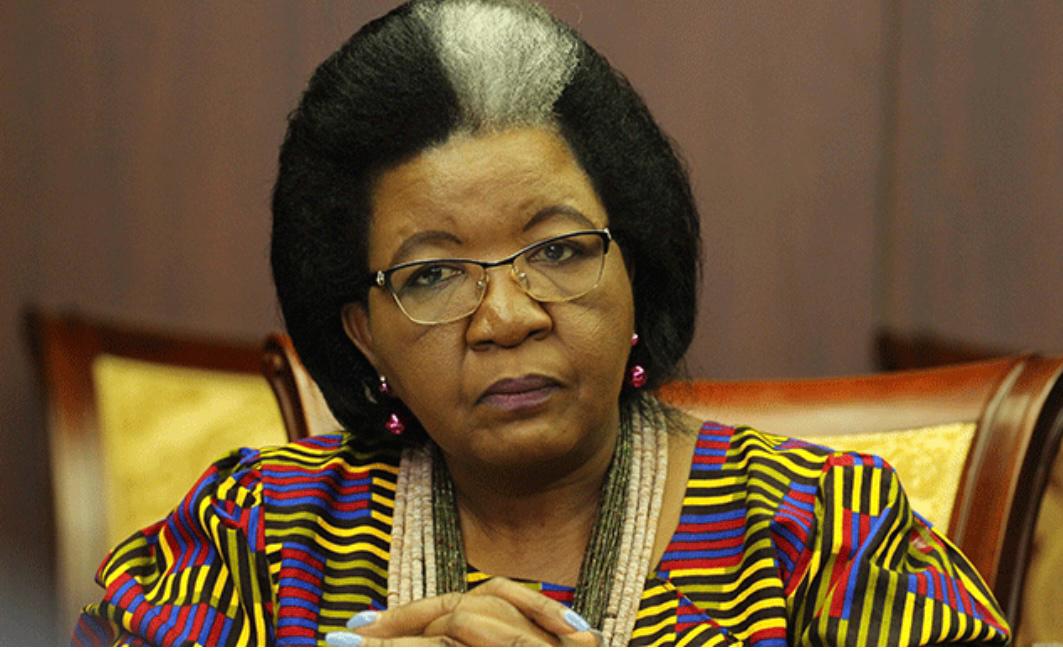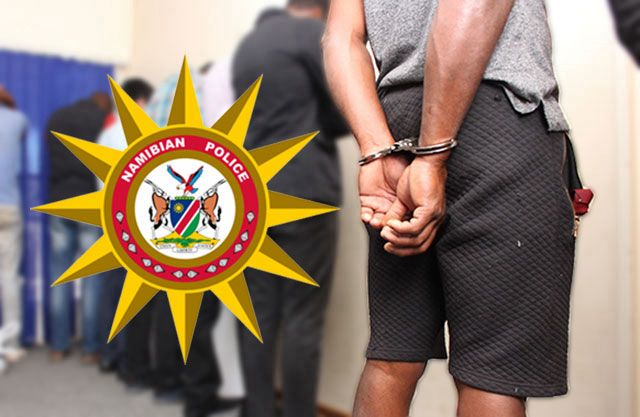STATISTICS disclosed in the National Assembly by urban development minister Sophia Shaningwa on Wednesday show that government spends over N$15 million on allowances for traditional leaders per year.
Shaningwa was using these statistics to convince some opposition party members who were pushing for massive increases in traditional leaders’ allowances.
Nudo parliamentarian Meundju Jahanika had moved a motion that government should increase the benefits, which some traditional leaders had described as peanuts.
The figures show how much traditional leaders were paid since 1997.
Shaningwa said it costs the government around N$107 000 per month in allowances for 51 chiefs.
This amounts to N$1,2 million per year.
Shaningwa said each chief has six senior traditional authority councillors who are paid N$1 800 each per month. This adds to N$560 000 per month, or N$6,7 million per year for 306 traditional authority councillors.
There are an additional 306 traditional councillors assigned to 51 chiefs (six per chief) at a cost of N$480 000 per month (N$5,7 million).
An additional N$67 000 is spent on paying the 51 drivers of traditional leaders per month, which totals N$800 000 per year. Each driver is paid around N$1 100 per month.
The minister said government also pays N$51 000 per month for the 51 secretaries assigned to each traditional leader. The secretaries also earn around N$1 100 per month each.
Shaningwa said traditional leaders, unlike government workers, are not entitled to a salary, but are paid monthly allowances.
“They are also not entitled to other benefits such as a pension, medical aid and social security cover,” she stated.
In addition to paying the monthly allowances, Shaningwa said, government also provides vehicles to chiefs, their officials and offices. The government furthermore provides N$600 000 for fuel to each traditional authority per year.
Her ministry allocates N$50 000 to traditional authorities where there are community trust funds.
Nudo parliamentarian Jahanika said he had visited four traditional authorities in the Zambezi region last year, where he discussed several issues with traditional leaders.
“All of them complained about the allowances they received from government, describing them as peanuts,” he said.
He thus proposed that government should change traditional leaders’ allowances into salaries and perks which would include medical aid, pensions for those who are under 60 years old, and social security cover.
He furthermore suggested that the chairperson of a traditional authority council should earn N$7 900 per month (N$95 040 per year) as opposed to the current allowance of N$2 640 per month.
In his opinion, the deputy chairperson of a traditional authority council should earn N$7 100 (N$85 000 per year) unlike the current N$2 300.
The Nudo MP asked that the 51 chiefs be paid N$6 300 per month (N$76 000 per year) each. He also believes that the 303 senior traditional authority councillors should be paid N$5 500 (N$66 500 per year) each, and not the N$1 800 per month they get now.
His other suggestions include an increase for junior traditional authority councillors to N$4 700 per month each, with the secretaries and drivers to get N$3 900 and N$3 300 per month each, respectively.
Jahanika recommended that the traditional leaders’ salaries be determined in consultation with the President.
He said the Public Office Bearers Remuneration and Benefits Commission Act of 2005 should also be amended to include traditional leaders.
An increment for traditional benefits is likely to double the N$15 million spent by the state on traditional leaders.
DTA parliamentarian Elma Dienda supported the motion, saying “a reasonable increment for the kings, queens, chiefs and their subordinates will never harm the progress of our beloved country”.
She added that traditional leaders travel long distances to serve their communities, and thanked the state for providing them with vehicles.
Shaningwa told The Namibian yesterday that the cost of caring for traditional leaders is already high, but it will be increased in the future.
The allowances of traditional leaders were increased in 1997, 1999, 2000 and 2012.
Shaningwa’s comments echoed the comments by President Hage Geingob, who last year expressed concern about the millions spent on salaries, motor vehicles and the administrative costs of traditional authorities, which continue to rise.
Stay informed with The Namibian – your source for credible journalism. Get in-depth reporting and opinions for
only N$85 a month. Invest in journalism, invest in democracy –
Subscribe Now!








